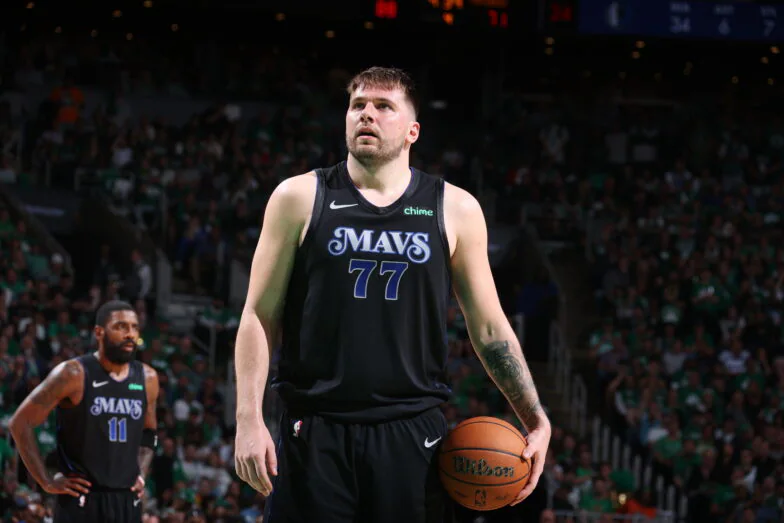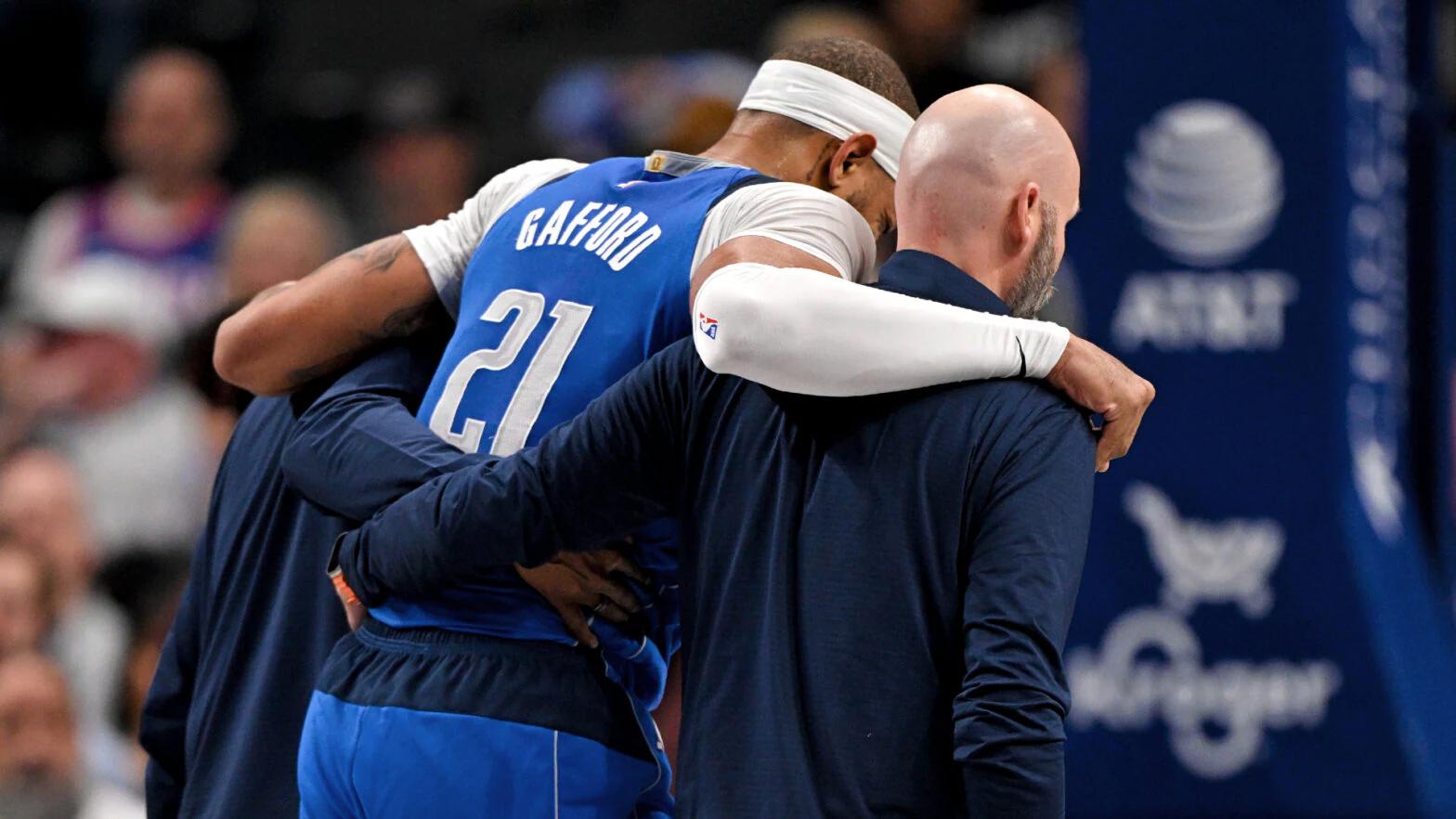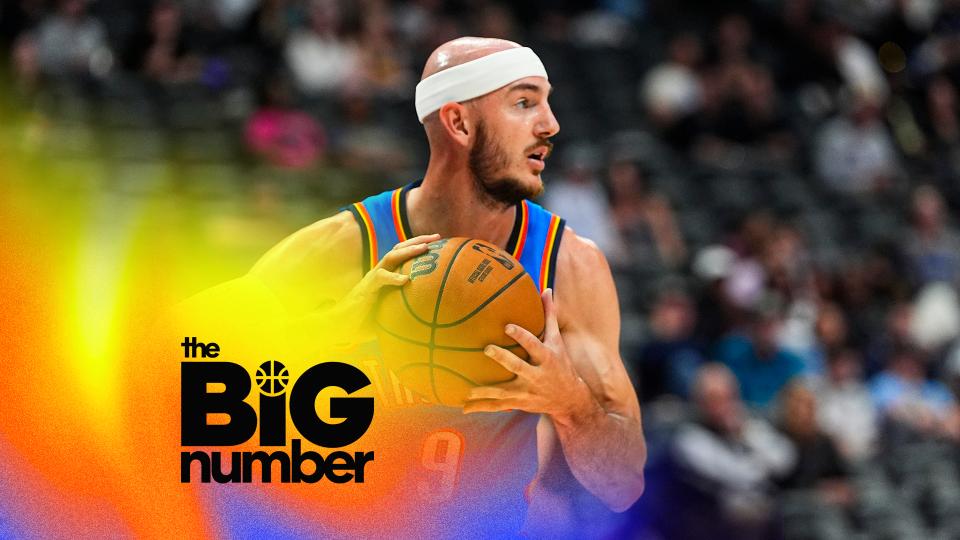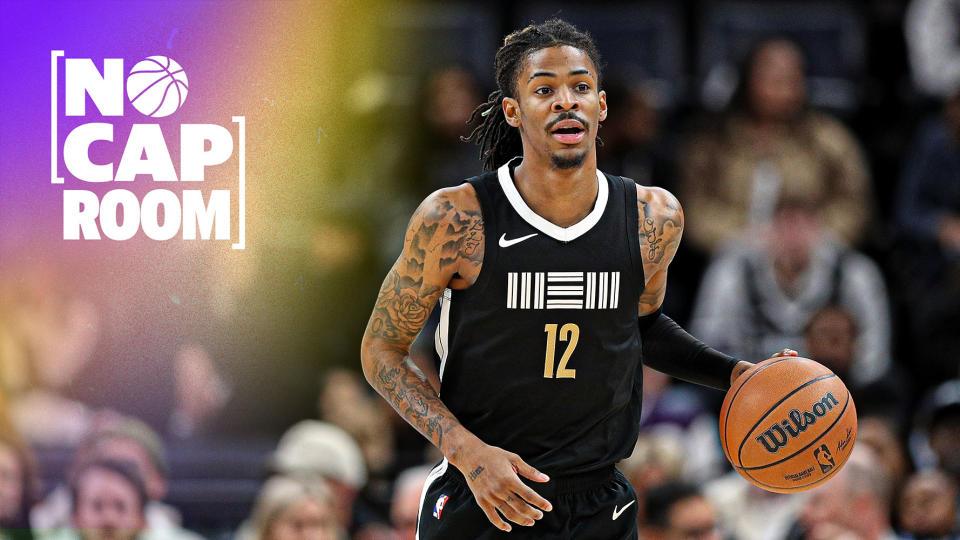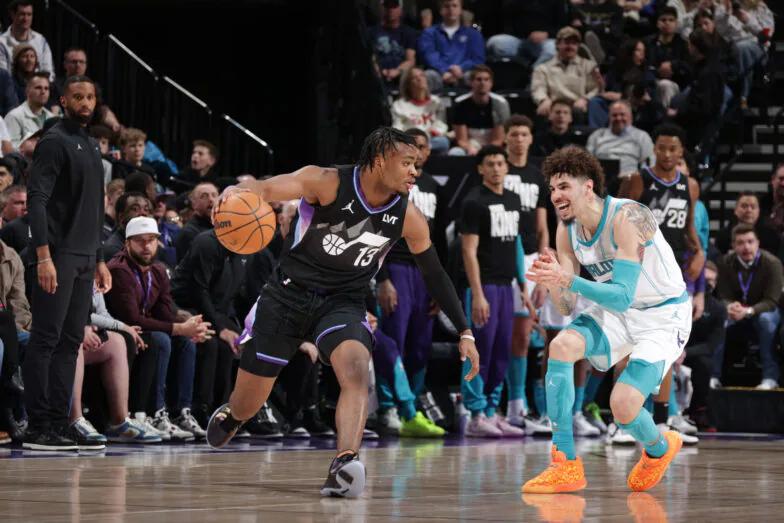Exploring the Benefits and Drawbacks of Knicks Implementing Small-Ball Lineup in the 2024-25 NBA Season
The departure of Isaiah Hartenstein in free agency left a significant void at the center position for the Knicks.
But an underrated result of that loss is that it should allow New York to potentially utilize smaller lineups. In the Tom Thibodeau era, the Knicks have always featured a paint-bound center on the floor. The decision has made sense as New York has generally had a quality rim-protector and rebounder in the game at all times.
But it has also limited New York’s ceiling on offense. All-Star forward Julius Randle rarely rolls to the rim as a screener because there’s usually a center standing in the dunker spot. The paint is often crowded with defenders limiting his runway for easier baskets.
But now, the Knicks have an opportunity to trot out smaller lineups in addition to traditional lineups with starting center Mitchell Robinson. Randle can be the center in smaller lineups with OG Anunoby and Mikal Bridges in the frontcourt. Going small has its benefits. With Randle at the five, the Knicks can feature lineups with all five players capable of being threats from the perimeter.
The Knicks have made a priority of searching out the corners. They’ve finished in the top four in corner three attempts the past two seasons. New York has some of the best corner-three point shooters in the NBA. Bridges and Donte DiVincenzo were second and third in total corner three-point attempts, shooting 40 percent and 46 percent, respectively, on corner threes, per NBA Stats. Anunoby shot 44.1 percent from the corner with the Knicks.
The middle of the floor should be wide open very often. There will be more space for Jalen Brunson and Randle to attack in isolation or to work the two-man game and force opposing defenses to make tough decisions.
How much we see of it all depends on Thibodeau. It’s understandable why the coach has relied on having a center on the floor at all times. For most of Thibodeau’s tenure, the Knicks have lacked size and versatility on the wing. But now with Anunoby and Bridges on the roster, the team should have more flexibility to play smaller on defense.
Specifically, Anunoby opens up some opportunities. Armed with a 7-2 wingspan, Anunoby can cover for Randle at center by roaming as a rim-protector and help defender. He could also guard centers at times. With Robinson out due to an injury and Hartenstein in foul trouble in Game Four of New York’s first round series against the Philadelphia 76ers, Anunoby was the primary defender assigned to Joel Embiid for several possessions in the fourth quarter.
Bridges is 6-foot-6 with a 7-foot-1 wingspan, adding another defender capable of guarding multiple positions. New York has never had that type of combination on the roster. DiVincenzo, Josh Hart, and Miles McBride are all plus perimeter defenders off the bench, which should help.
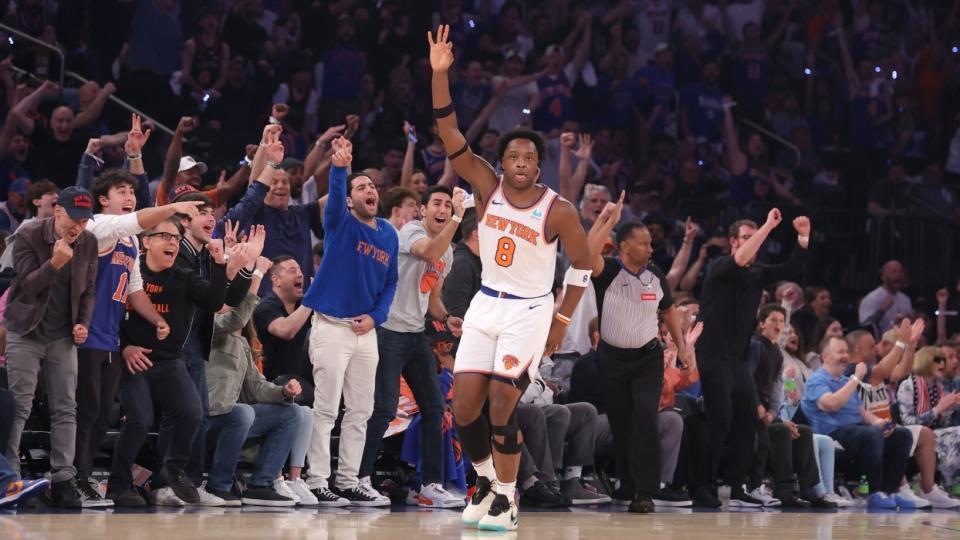
Concerns about a smaller lineup
One immediate worry with a small-ball lineup would be offensive rebounding. The Knicks have largely built success on the strength of dominating the offensive glass. During the 2022-23 season, New York ranked second in the league in offensive rebound rate. Last season, the club led the entire NBA in the category.
That has been a strength that has allowed the Knicks to finish top 10 in efficiency each of the last two seasons despite ranking in the bottom third of the league in true shooting percentage. Having a smaller lineup without quality offensive rebounders on the floor like Robinson or his backup Precious Achiuwa should cause the Knicks to collect fewer rebounds on the offensive glass.
That means the Knicks as a team would have to be more efficient on offense without that massive offensive rebounding advantage they’ve held over recent years. Another concern to watch for will be injuries. Robinson’s injury history has been well-documented.
Behind Robinson, the Knicks have little in proven talent, with Achiuwa and third-string center Jericho Sims. If Robinson misses time this year, New York may be forced at times to play small, but there’s a silver lining. They could explore different looks and lineups and prepare them for a playoff run.
RELATED STORIES

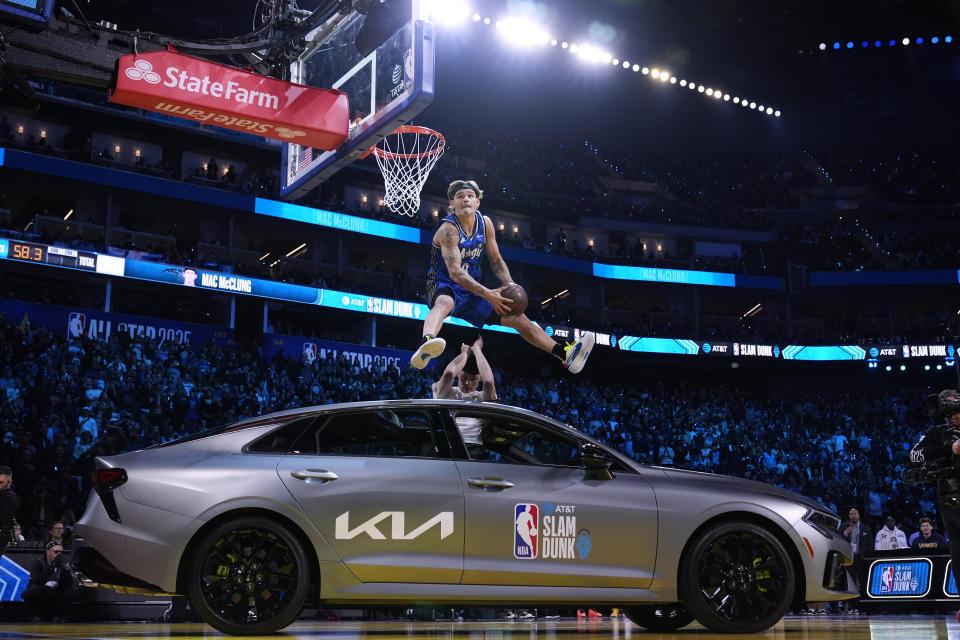
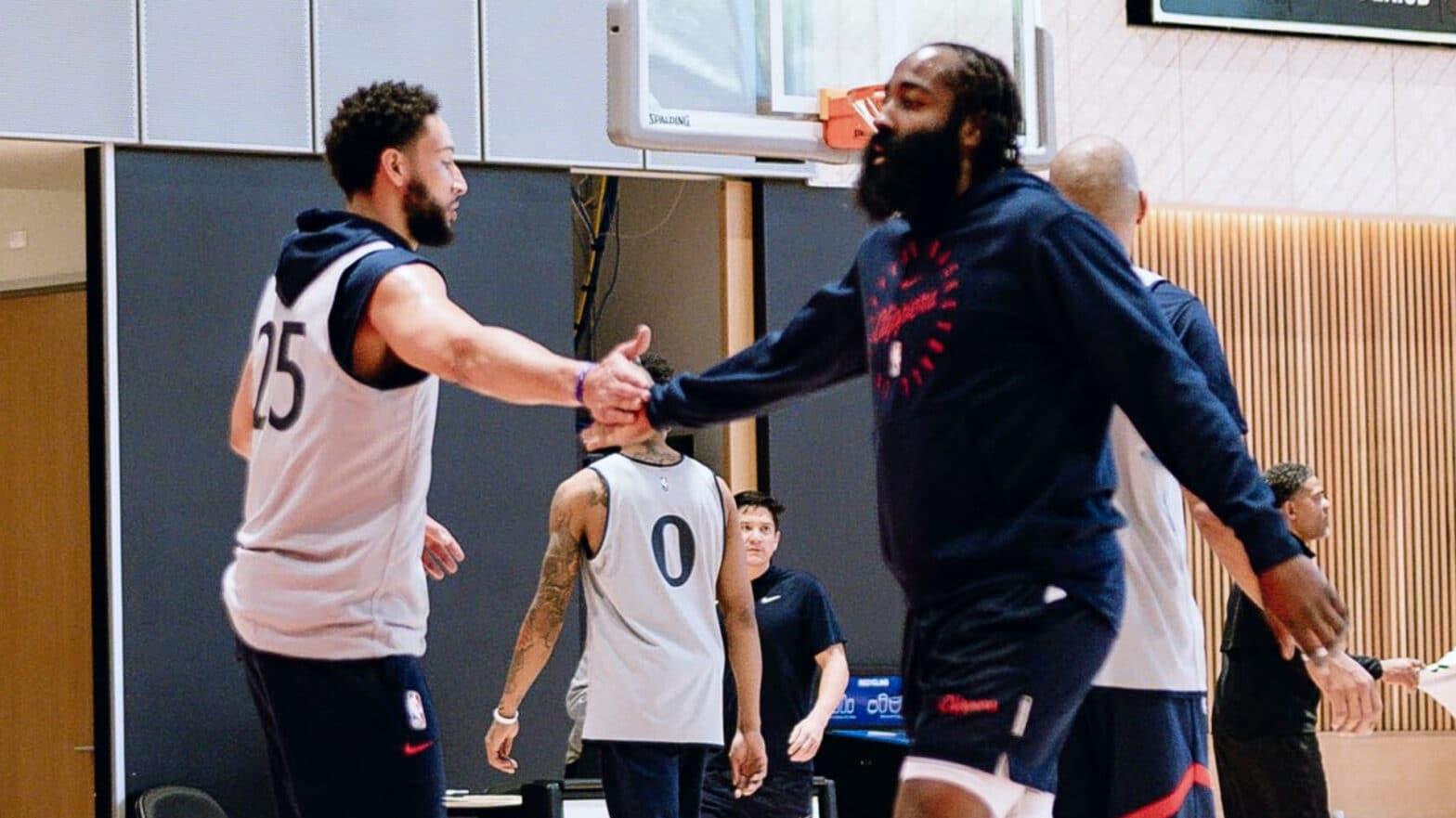

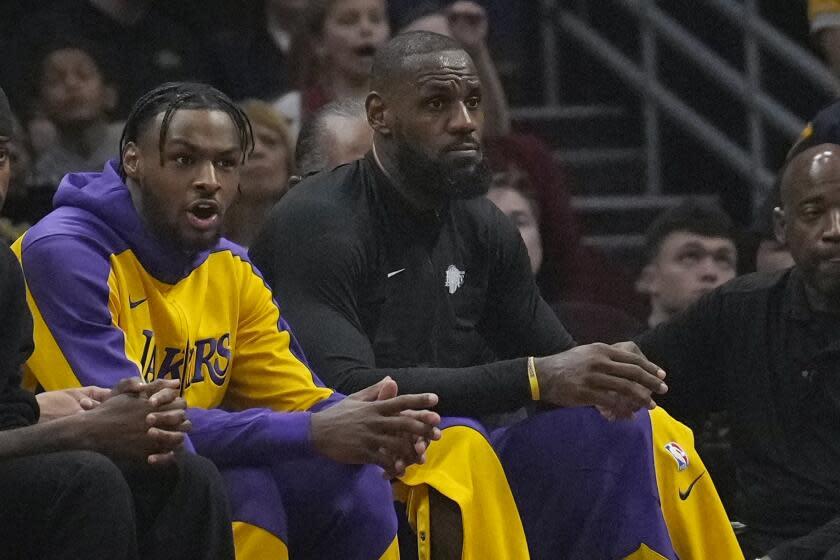
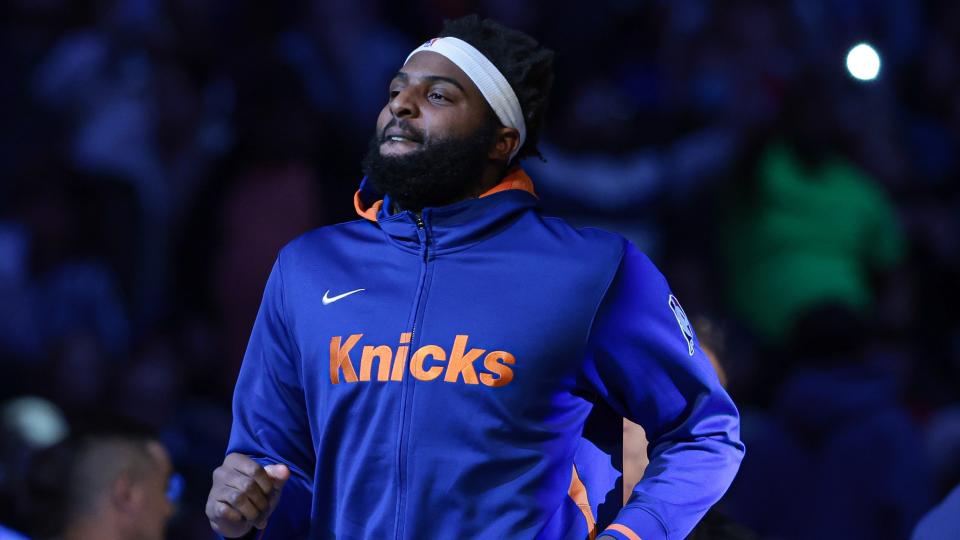
LATEST NEWS


